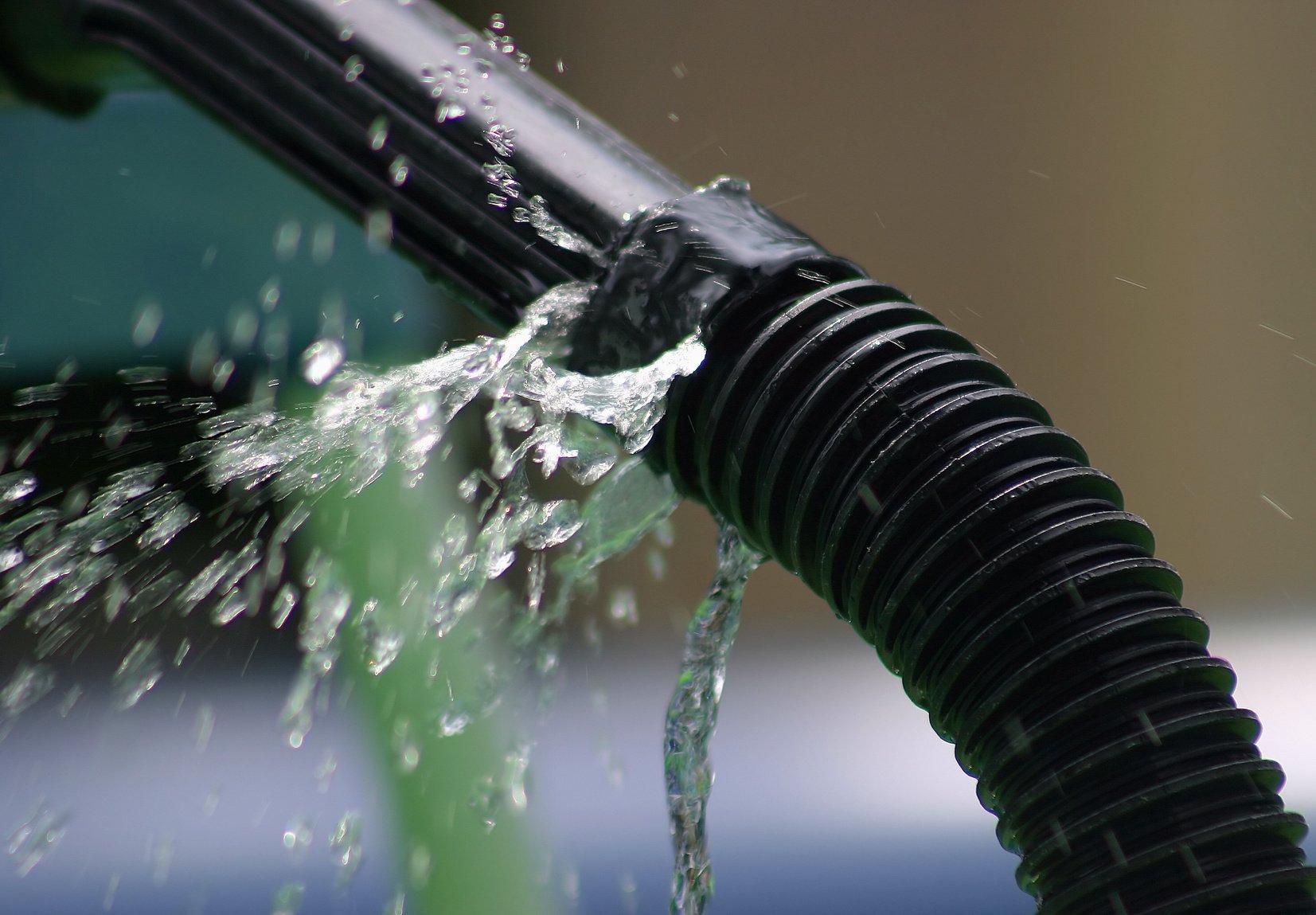The Residential Most Frequent Water Leak Causes: Investigation
The Residential Most Frequent Water Leak Causes: Investigation
Blog Article
Presented here in the next paragraph you can locate a lot of extremely good content about How to Find Water Leaks.

Leaks not just create waste of water but can also cause unnecessary damage to your home as well as advertise undesirable organic development. Water leaks may go undetected since many of the pipework in our residence is hidden. By understanding and looking for everyday situations that create leakages, you can protect your home from future leaks as well as unneeded damage. Today, we will take a look at six leak causes that may be triggering your pipes to drip.
Elbowing in origins
The majority of water leakages begin outside your home rather than inside it. If you observe an abrupt reduction in water pressure, state in your faucet, require time to go out and analyze your backyard. You might observe wet patches or sinkholes in your yard, and that might suggest that tree roots are invading water lines creating water to permeate out. You can have your plumber look for breach, specifically if you have trees or bushes near your residential property.
Rusty water systems
As time goes by, your plumbing system ages and deterioration such as rust may begin gnawing the pipes. This could be the cause of staining or warping on your water pipes. This calls for an assessment with your plumber promptly. Consider replacing the pipes since they are at a greater threat of deterioration than the more recent models if our plumbing system is old.
Faulty Pipe Joints
Pipe joints can weaken over time, resulting in water leaks. If you have noisy pipes that make ticking or banging sounds, especially when the hot water is transformed on, your pipe joints are most likely under a lot of pressure.
Instant temperature level adjustments.
Severe temperature level modifications in our pipelines can create them to increase as well as acquire all of a sudden. This growth as well as contraction might create cracks in the pipes, specifically if the temperature level are listed below freezing.
Poor Water Connectors
At times, a leak can be brought on by loose tubes and pipes that supply your devices. More often than not, shifting is what triggers the loosened water Connections. You may locate in the case of a washing maker, a hose pipe may spring a leak due to shaking throughout the spin cycle. In case of a water links leak, you might discover water running directly from the supply line or pools around your home appliances.
Obstructed Drains
Blocked drains pipes might be annoying and inconveniencing, yet they can sometimes wind up triggering an overflow leading to rupture pipelines. Keep eliminating any kind of products that might go down your drains pipes that might obstruct them to avoid such aggravations.
All the above are reasons for leaks yet not all water leaks arise from plumbing leaks; some leaks could come from roofing system leaks. All leakages need to be fixed right away to stay clear of water damages.
Leakages not just create waste of water but can likewise trigger unneeded damages to your house and promote unwanted organic growth. By looking and comprehending for everyday situations that cause leakages, you can secure your home from future leakages as well as unnecessary damages. Today, we will certainly look at six leakage creates that may be causing your pipelines to drip.
At times, a leakage can be caused by loosened hoses and also pipelines that provide your home appliances. In case of a water links leakage, you may notice water running directly from the supply line or pools around your home appliances.
How To Check For Water Leak In Your Home
How To Check for Leaks
The average household's leaks can account for nearly 10,000 gallons of water wasted every year and ten percent of homes have leaks that waste 90 gallons or more per day. Common types of leaks found in the home are worn toilet flappers, dripping faucets, and other leaking valves. These types of leaks are often easy to fix, requiring only a few tools and hardware that can pay for themselves in water savings. Fixing easily corrected household water leaks can save homeowners about 10 percent on their water bills.
To check for leaks in your home, you first need to determine whether you're wasting water and then identify the source of the leak. Here are some tips for finding leaks:
Take a look at your water usage during a colder month, such as January or February. If a family of four exceeds 12,000 gallons per month, there are serious leaks.
Check your water meter before and after a two-hour period when no water is being used. If the meter changes at all, you probably have a leak.
Identify toilet leaks by placing a drop of food coloring in the toilet tank. If any color shows up in the bowl after 10 minutes, you have a leak. (Be sure to flush immediately after the experiment to avoid staining the tank.)
Examine faucet gaskets and pipe fittings for any water on the outside of the pipe to check for surface leaks.
Undetected water leaks can happen without the home or business owner even realizing. If you suspect a water leak, but not able to find the source. It is time to contact a professional water leak detection service, The Leak Doctor.
How To Find a Water Leak In Your Home
https://www.leakdoctor.com/blog/How-To-Check-For-Water-Leak-In-Your-Home_AE197.html

We were guided to that article about Top Causes of Home Water Leaks through someone on another web address. Those who enjoyed reading our post if you please do not forget to share it. Thank-you for going through it.
Let's solve it, call now! Report this page